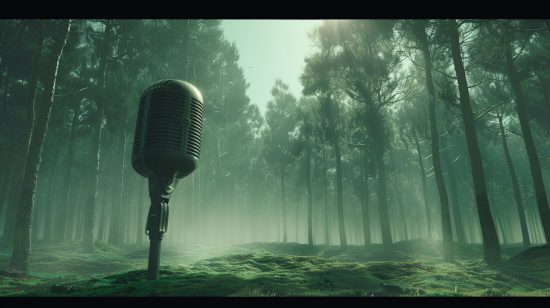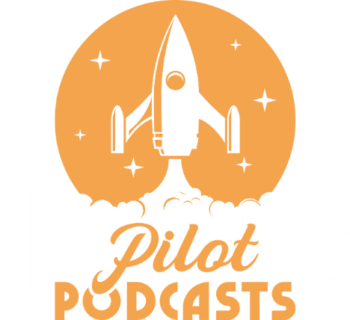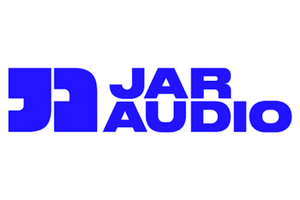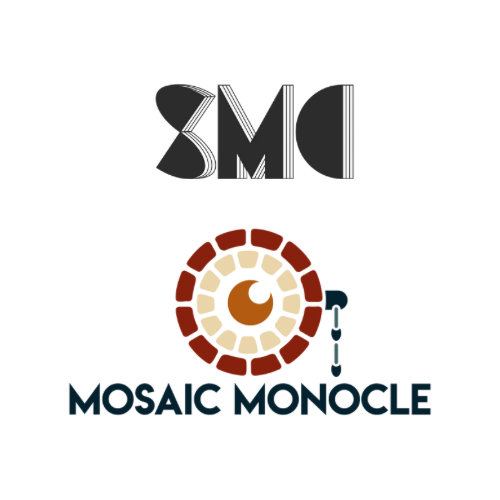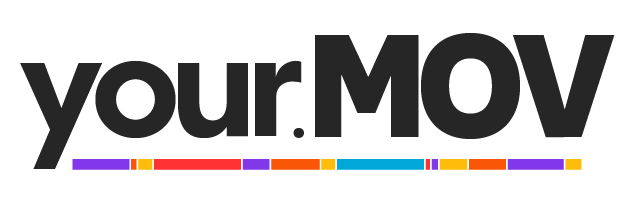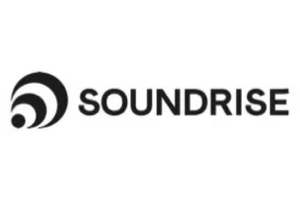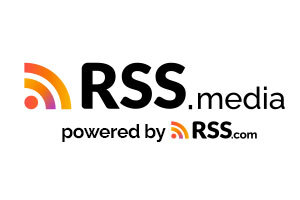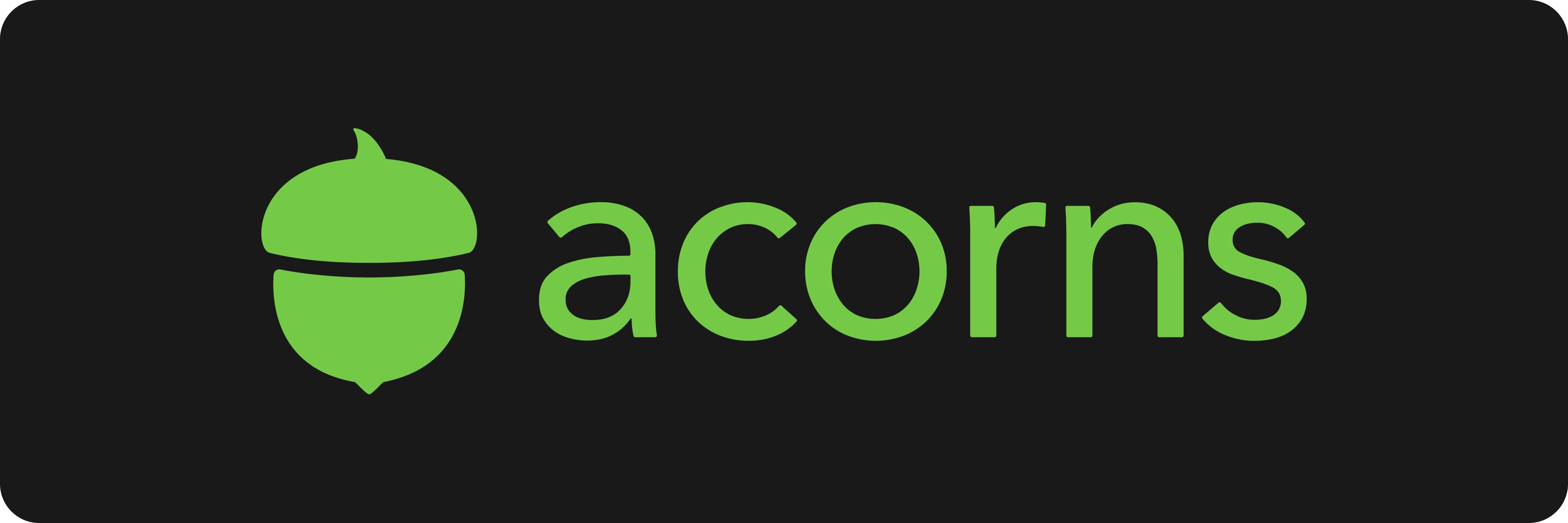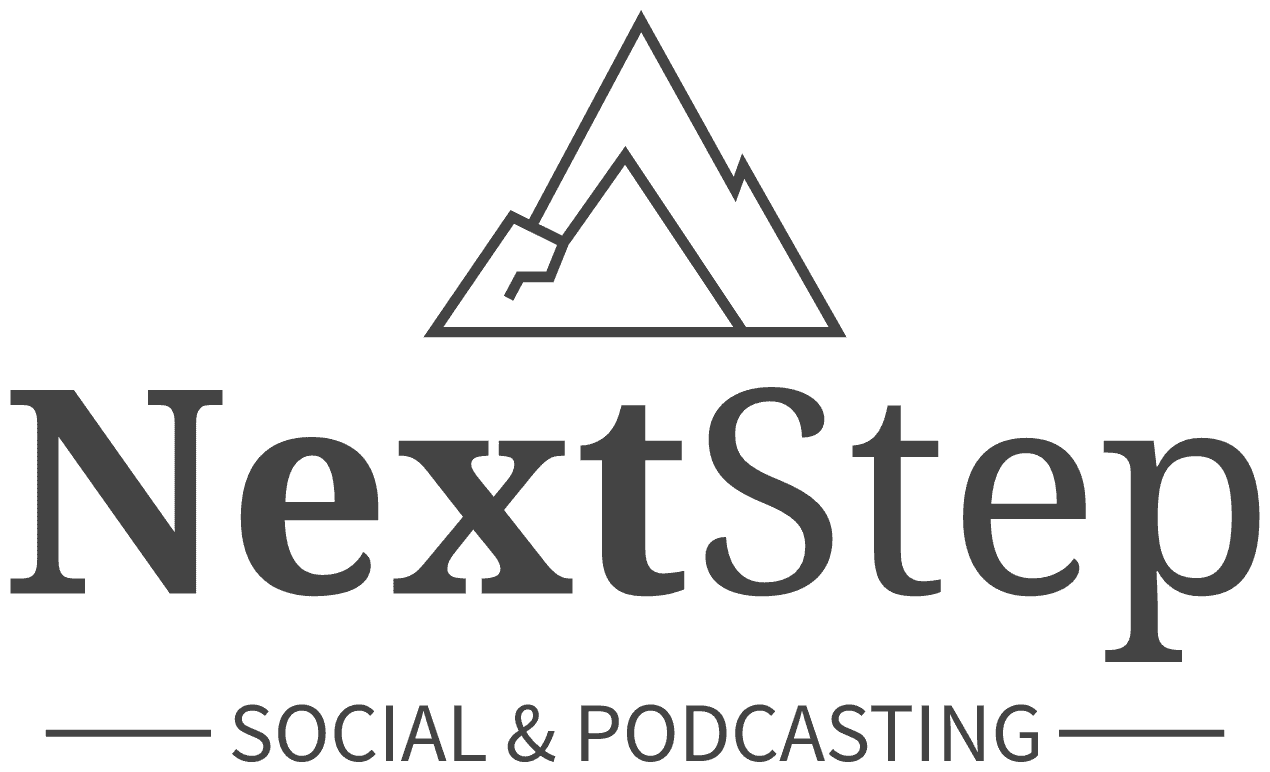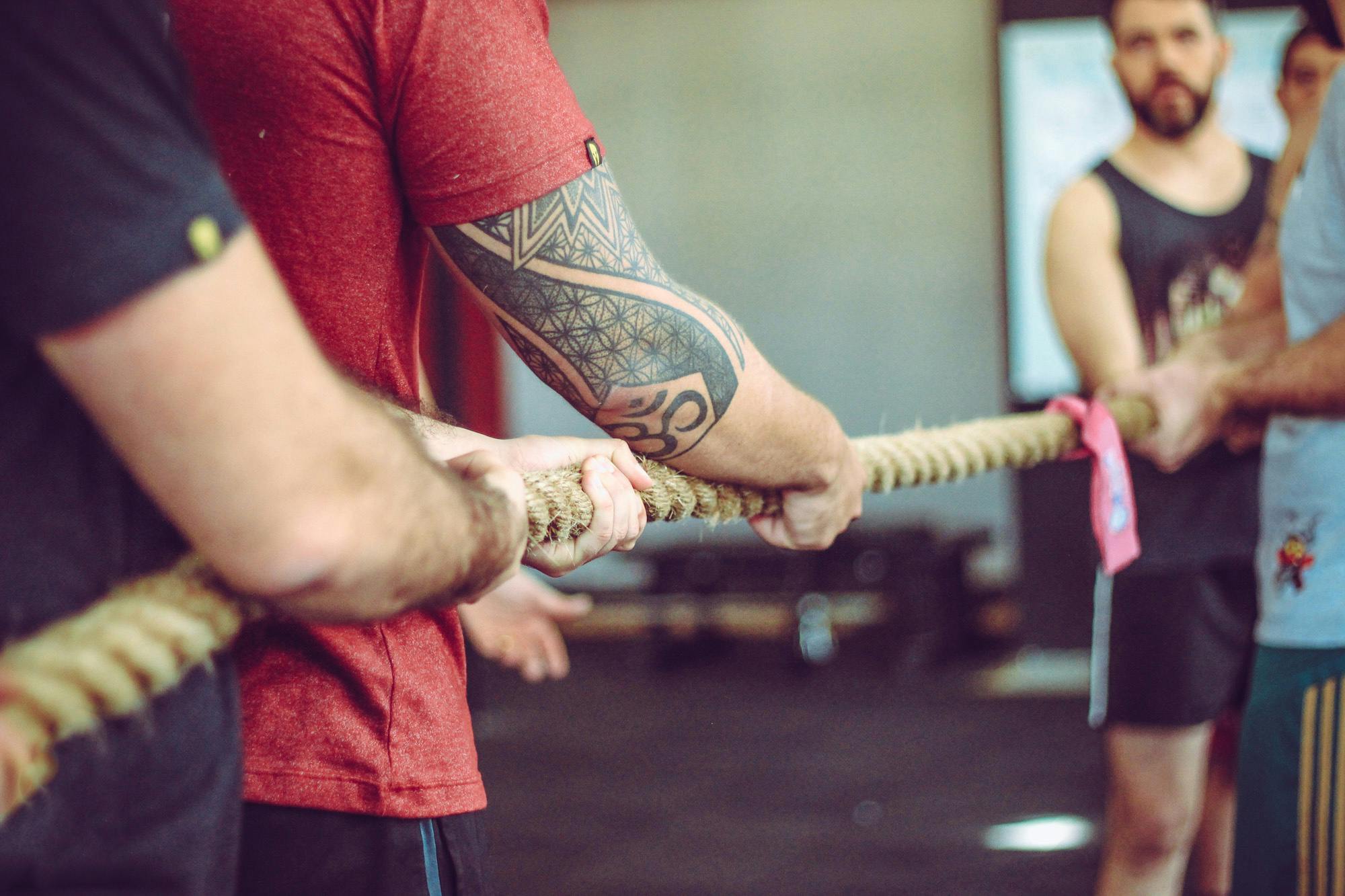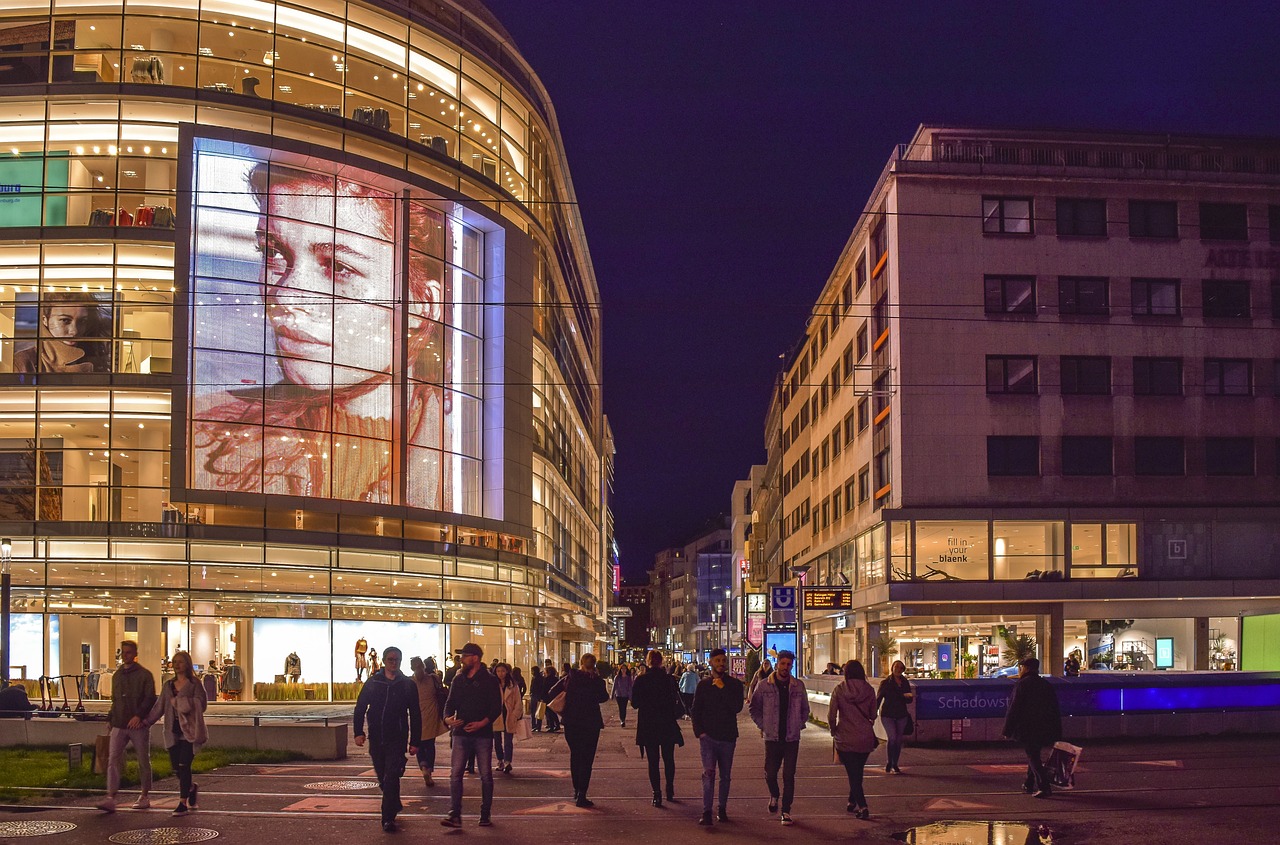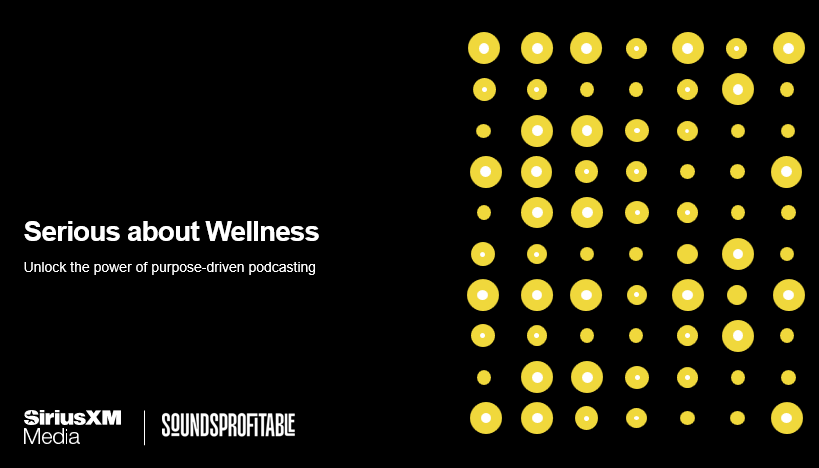This week Bryan Barletta goes on a special Partnership Deepdive, joined by Dennis Vaque of Spanish Broadcasting System to discuss how they make use of the Mediastream platform. Vaque breaks both the expected ways SBS has been able to use Mediastream to distribute content, as well as growing new content from new additions like live event functionality. Catch the 25 minute conversation now on Sounds Profitable.
In the time that I have left, I want to share something with you. I mentioned that I’ve been sort of in the media business for 30 years doing media research and audience research. I’ve worked on The Howard Stern Show. I’ve worked on All Things Considered. I’ve run the gamut on the shows that I’ve worked on and done audience research for. And I’ve spent 19 of those years in podcasting.
This is the start of my 19th year looking at podcasting, trying to do whatever it is I can to help lift this space. And that’s really why I joined Bryan at Sounds Profitable, because that’s both of our goals. That’s our mission – to grow this space, to develop it into an economy so that people can make careers and lives out of doing podcasting. Nothing would make me happier than doing that.
Things can get really divisive in this space. Podcasting started as sort of a band of pirates that were sick of radio. Right? That’s really how podcasting started. And that kind of pirate mentality I think persists even today, and that’s a good thing. But let’s also remember that we’re all rowing the same boat here. Right? We are all trying to do our best to grow this space.
And so what I would encourage you to do is think about this. 15 years ago I spoke about podcasts at a thing called Blogworld. Now, for you students of history, a weblog or ‘blog’ was a thing from the early part of the 21st century, and I still remember them. I don’t know if you do as well. They really didn’t last, did they? I mean, yes, some of us still have blogs, but they kind of got eaten by Medium and Substack and newsletters and things like that.
Blogs aren’t a thing anymore, and I don’t want that to happen to this space. And that’s the thing that could happen if we allow ourselves to get too divided; if we allow ourselves to try to chop things up too much. We need to take a cue from improv, and adopt a “Yes, and” mentality. We’re all fighting a great battle here. We’re all trying to do the best that we can, and things that I think divide us are not particularly useful right now.
For instance, here’s a sentiment I see all the time. “If it doesn’t have an RSS feed, it’s not a podcast.” Let me tell you something, RSS is the most valuable thing that we have. It is absolutely the biggest superpower of podcasting. The ability to set up shop completely on a brand new platform with just a feed, it is amazing. It’s amazing, right? But it does not benefit anybody to draw those kinds of lines.
Earlier today, some data came out that showed that podcasting has grown over the past year. If you could deduct from that growth the people who are watching video podcasts or getting their podcasts on YouTube,…there’s an econometrics term for it. They get ensmallified. Ensmallification occurs. They get a lot ensmallified. We are growing. We are growing as a spoken word, audio first, episodic medium, and I don’t really care how people get it. And we all need to row in the same direction.
It doesn’t serve anybody to draw these lines. If someone tells you that if it doesn’t have an RSS feed, it’s not a podcast, to them I would say “who says?” Or a better question: “Cui bono?” as my Latin teacher would’ve said: who does it benefit? I don’t know that it benefits anybody. Instead of drawing useless lines, what I would like you to do after you hear this is…to join something. Join something.
If you are a podcast creator, join The Podcast Academy. I’ll even give you a code (JOIN24) for a discount. It’s designed to celebrate excellence, and we have excellence. If you’re doing interviews and you’re not regularly listening to people like Alex Blumberg and Anna Sale and Terry Gross, we have excellence. If you want your podcast to sound better, there’s people like Jeff Schmidt and Travis Vengroff and Dallas Taylor doing amazing things with sound design. We have excellence. We can learn. We can get better. I encourage you to join.
If you’re a company that is serving the interests of podcasting, join us. Join us at Sounds Profitable. We have 175 partner companies now. We just pulled off the first full-day South by Southwest session devoted entirely to podcasts, the industry’s only comprehensive research database, and we are showing up wherever we can to promote the interests of podcasting. We’re going to keep trying to raise the bar and try to embigify this space as much as we can. So that’s a thing you can join.
If you’re an independent podcaster, it can be a lonely time for you. It can be hard when you’re constantly looking at your downloads and maybe they’ve plateaued or maybe they’re not growing, or iOS17 has taken a whack out of them. Join other podcasters in your genre, and combine your shows into one feed. To me, that’s one of the simplest ways to grow, is to join other podcasters in a single feed, right? If you have a comedy show or a true-crime show, find some other like-minded podcasters and make sure that there’s a feed that is always filled with your great content. It becomes something you can brand. It becomes something that people can rely upon. Just join the thing. Join the thing.
And another thing that I think is incredibly important is doing things in your local community. I’m convinced that doing things locally is one of the best ways we can grow podcasting. I remember CB Radio. So that’s still around, right? It stands for Citizens Band. Wouldn’t it be great if your community had a single RSS feed, a true Citizen’s Band, with all the local podcasters telling the stories, singing the songs of your city in a way that newspapers and local radio really aren’t funded to do anymore? Those things are all possible if you join. If you join something.
And I’ll leave you with this; years ago, in the late 20th century, where I am from, there was a thing called videotape, and there were two different standards of videotape and they fought constantly. There was Betamax, which was a platform put out by Sony that was not an open platform. It was a closed platform. Then there was VHS. VHS was developed, I’m pretty sure, by JVC, but they brought in lots of other partners, brands that we all know and love, like Quasar, right? Does anybody remember who won that battle?
VHS? No. Nobody won that battle because we don’t watch tape anymore. We watch movies. Remember what you do – quality, audio-first episodic content. Remember why you do it. Don’t draw lines where they don’t have to exist. Join something.
Thank you very much.
If you’d like to catch Tom’s full Evolutions 2024 speech, as well as the rest of the keynote presentations from Los Angeles, check out the official Podcast Movement YouTube playlist here.
New Partners
Sounds Profitable exists thanks to the continued support of our amazing partners. Monthly consulting, free tickets to our quarterly events, partner-only webinars, and access to our 1,800+ person slack channel are all benefits of partnering Sounds Profitable.
-
Hueman Group Media produces award-winning branded podcasts for social change and impact...
-
Tenderfoot TV is a leader in podcasting with over 800 Millions podcasts across its slate. From its award-winning true-crime podcast, “Up and Vanished,” to genre stretching Radio Rental, Atlanta based Tenderfoot TV delivers hits and engages audiences.
Want to learn more about partnership? Hit reply or send us an email!

